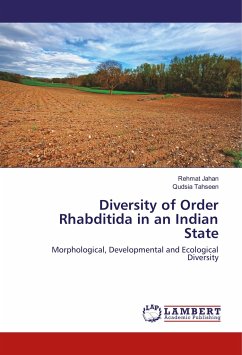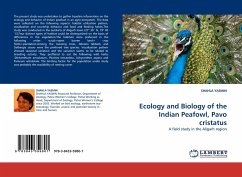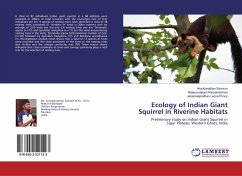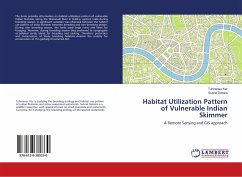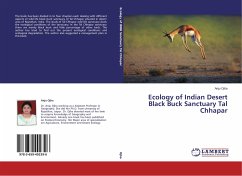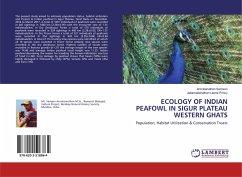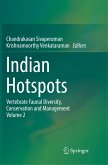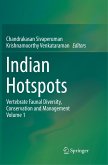Diversity is a broad term that refers to morphological variations as well as ecological versatility in the environment. With the technological advancement, the environmental conditions (soil, air and water) deteriorating day by day due to accumulation of contaminants and pollutants. Therefore, it is necessary to find out the role and response of micro-organisms in the soil food web to such changing conditions. Nematodes are such unique organisms that are found in nearby all environments and exhibit many feeding guilds. Their presence in soil pores is an advantageous feature that enables them to detect even minor changes in the concentration of soil chemicals. The present work has been done to study morphological, developmental and ecological diversity in nematodes of Order Rhabditida in an Indian State. The composition of nematode communities in three different habitats in the districts of Western Uttar Pradesh has been studied as indicator of soil health. Since, Rhabditida is a diverse group with few species highly tolerant to the disturbances whereas others specifically susceptible. Such type of comprehensive study gives a holistic measure of biotic and functional status of soil.
Bitte wählen Sie Ihr Anliegen aus.
Rechnungen
Retourenschein anfordern
Bestellstatus
Storno

